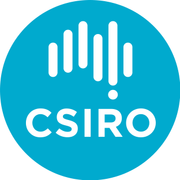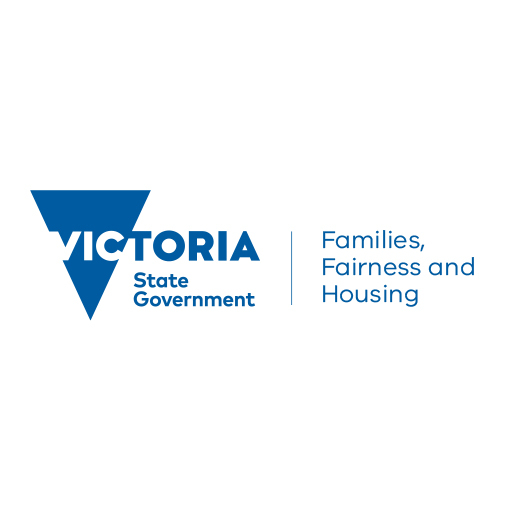Available locations
- Adelaide
- Brisbane
- Canberra
- Darwin
- Melbourne
- Perth
- Regional New South Wales
- Regional Northern Territory
- Regional Queensland
- Regional Victoria
- Regional Western Australia
- Sydney
29
Available for Psychology, Counselling and Social Work
$86K
For graduate psychologist
5-year projection
A Graduate Psychologist is a professional dedicated to understanding human behaviour, emotions, and mental processes. As vital healthcare and counselling community members, they work to assess, diagnose, and treat various psychological issues. Graduates in this role may find themselves in diverse settings, including hospitals, schools, private practices, or corporate environments, where they provide support and interventions to enhance individuals' mental well-being.

In the initial six months as a Graduate Psychologist, you will undergo a comprehensive orientation, acquainting yourself with the policies and dynamics of your workplace. Engaging in supervised practice, you will work closely with experienced psychologists, applying theoretical knowledge to real-world cases. Building professional relationships within the healthcare or counselling team, you’ll actively participate in client assessments, develop treatment plans, and initiate counselling sessions. Regular supervision sessions will provide valuable feedback, contributing to your ongoing learning and growth. You will also navigate ethical considerations, ensuring the meticulous documentation of client interactions.
Discover when job applications for psychology, counselling and social work graduate positions and internships opens for the past 12 months
Perth

Available locations

Melbourne

Search
Enter an employer or university you want to find in our search bar.